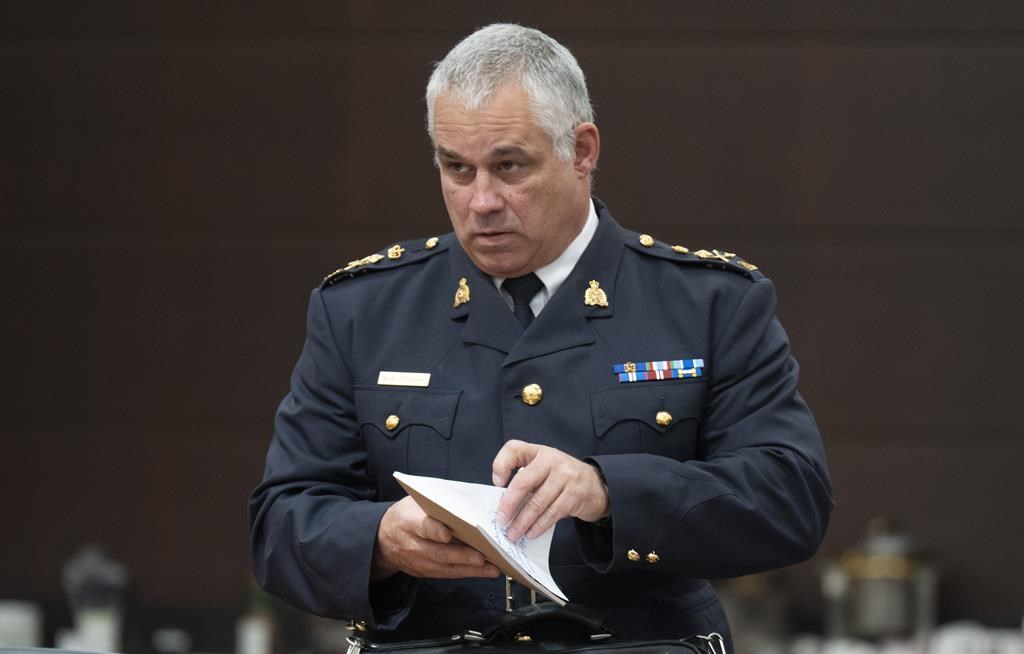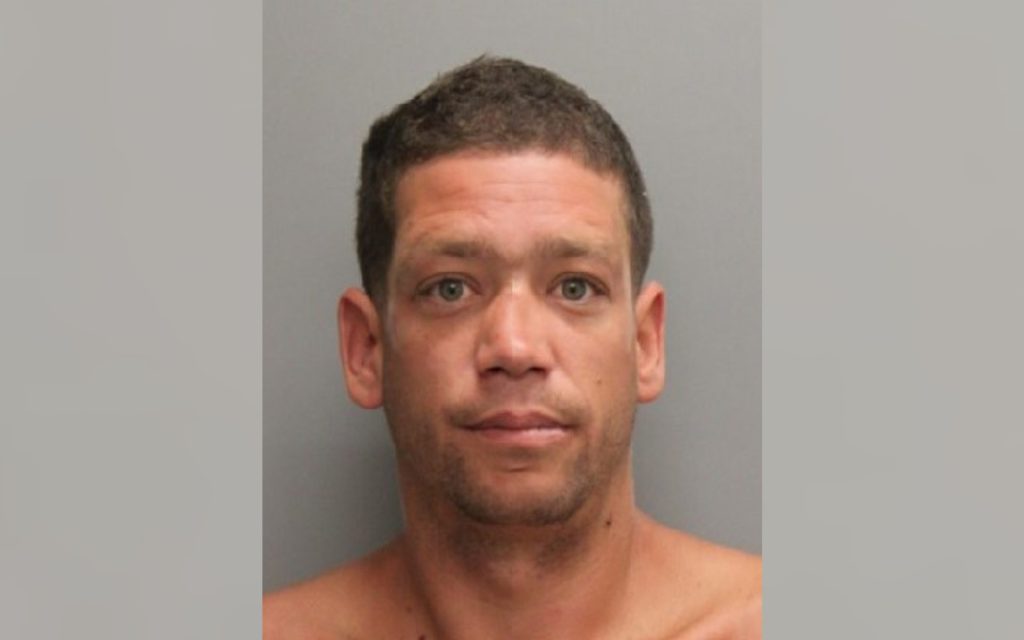U.S. senator asks US regulators to stop Montreal’s sewage-dumping plan
Posted Oct 9, 2015 03:33:43 PM.
Last Updated Oct 9, 2015 04:01:05 PM.
This article is more than 5 years old.
ALBANY, N.Y. – U.S. Senator Charles Schumer asked U.S. environmental regulators Friday to work with Canadian officials to stop the city of Montreal from dumping eight billion litres of raw sewage into the St. Lawrence River.
Montreal Mayor Denis Coderre said the weeklong sewage dumping would start Oct. 18 and is necessary as the city rebuilds a riverside expressway. The sewage will head away from New York, but it has drawn condemnation from U.S. officials.
Schumer urged the U.S. Environmental Protection Agency to work with the Canadian government and the State Department to devise an alternative plan.
“If this plan is allowed to move forward, this sewage could severely impact the river ecosystem and wildlife, and the St. Lawrence County tourism industry on which the North Country depends,” Schumer said.
The EPA released a statement Friday saying it has no regulatory authority in Canada.
“While EPA thinks it’s a really bad idea to discharge 8 billion litres — over 2 billion gallons — of untreated sewage into any water body, the EPA does not have any jurisdiction over this matter because these discharges will not have an impact on U.S. waters,” the agency said in a statement released by spokeswoman Mary Mears.
The St. Lawrence River flows from Lake Ontario northeast into the Gulf of Lawrence and borders the United States for 114 miles in New York state, but the river lies entirely in Canada downstream of Montreal.
The environmental group Save the River says there must be a way for the city to dispose of its sewage that’s not potentially harmful to human health and wildlife.
“While our portion of the river is not downstream of where the city plans to release this massive amount of raw sewage, it is part of the river we work every day to protect,” said Lee Willbanks, executive director of Save the River. “This is unacceptable and in this day and age we can and must do better.”
Montreal officials say the sewage dump is needed so that workers can relocate a snow chute, a large opening that brings water from melting snow to a wastewater treatment plant.
Coderre said this week that city officials have selected the best option in terms of time and cost and believe drinking water for downstream communities won’t be affected.










